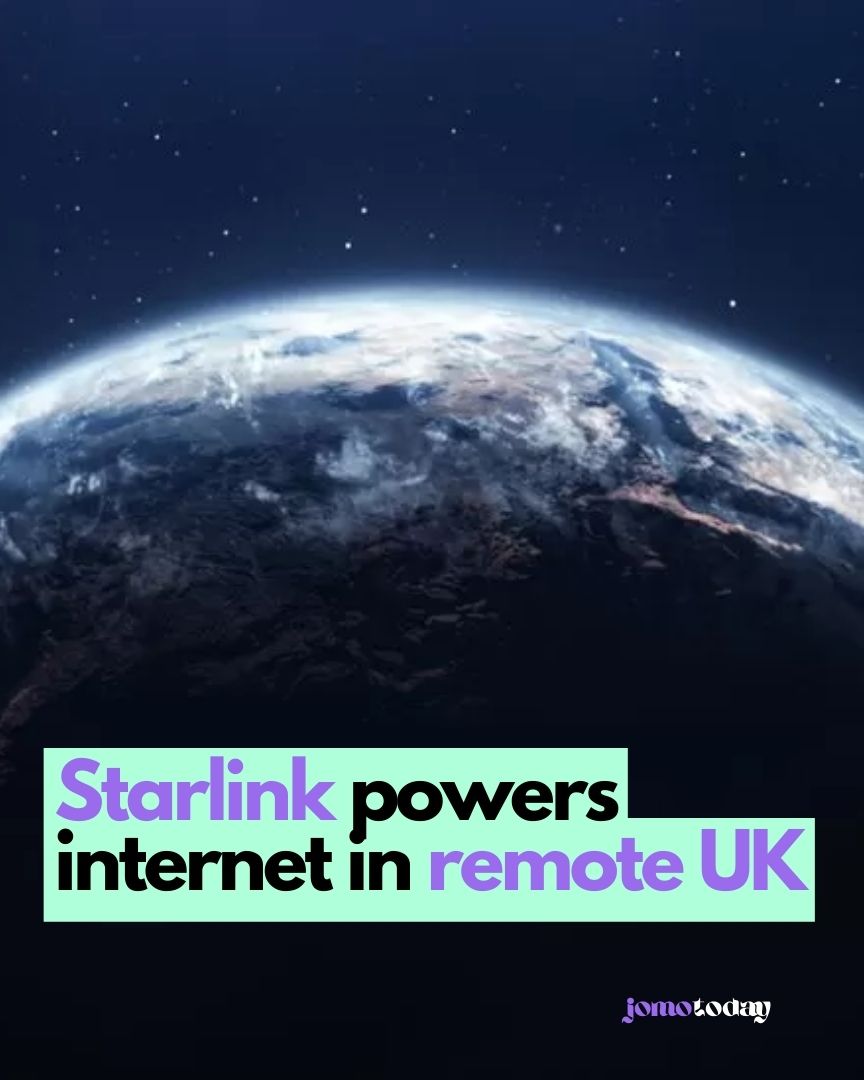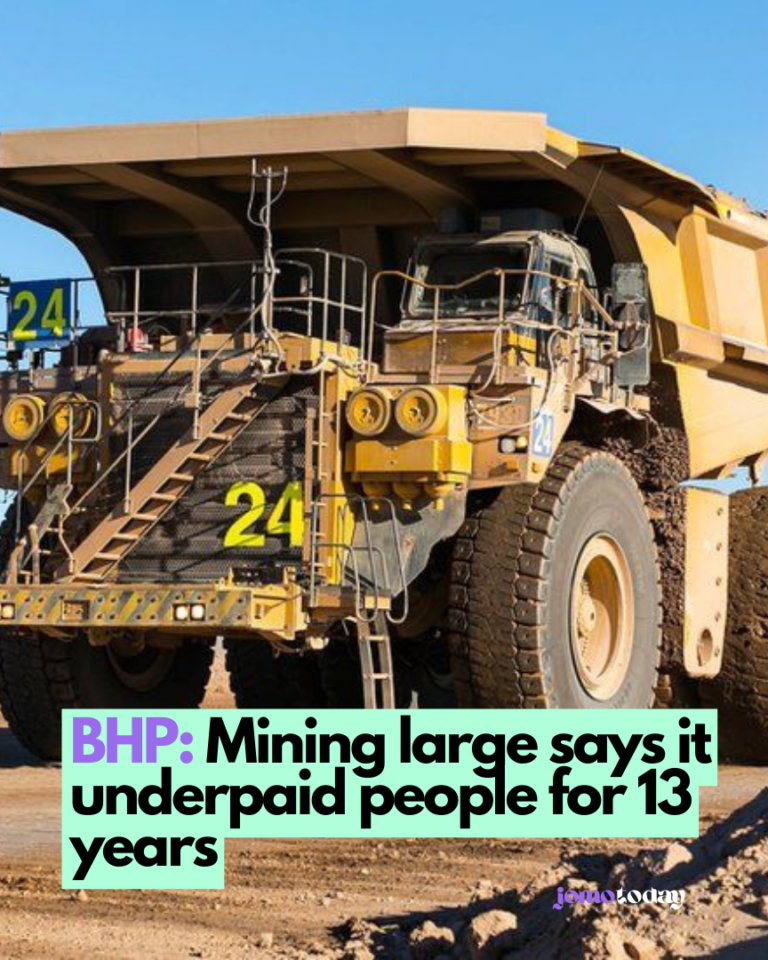Elon Musk’s satellite, Starlink is said to be part of a UK effort to bring high-speed internet to remote homes and businesses.
The enhanced connectivity package, powered by Starlink technology, is part of the government’s plan to give everyone access to reliable coverage.
It will test how to deploy more than 3,000 small satellites in low earth orbit to assist a dozen “extremely hard-to-reach” locations.
The rollout will first be tested at three remote locations.
They are the 12th century Rievaulx Abbey in the North York Moors National Park, Wasdale Head in the Lake District, Snowdonia National Park.
After testing, the government will assess the feasibility of using the technology.
Recent tests have shown that Starlink satellites can provide internet speeds of up to 200 megabits per second in many locations. This is four times faster than the current UK average of just over 50 Mbps, said the Ministry for Digital, Culture, Media and Sport.
Digital Secretary Michelle Donnellan said satellites could be the “answer” for connecting isolated locations and are “critical” to the government’s upgrade plans.

“These trials aim to find a solution to the prohibitively high cost of rolling out cables to far-flung locations,” she said.
Broadband signals emitted by relatively low-flying satellites are an effective way for remote areas to obtain high-speed Internet access, especially when copper wires can’t reach them.
For example, parts of Ukraine have had free access to the Starlink service to help people there stay connected after Russia’s invasion.
Musk promised to continue funding the project despite the loss.
He tweeted, “Even though Starlink is still losing money and other companies are getting billions of taxpayer dollars, we’ll just keep funding Ukraine government for free.”
Starlink has been vital to keeping the Ukrainian military and people online.
This is the latest announcement by the government’s £5bn Project Gigabit initiative, which aims to rid the UK of hotspots. There are more than you think.
Satellite broadband is a good option when cable is not available to carriers or is not economical to install, but it is also the most expensive for consumers.
It’s not clear how much the government will pay Starlink, but after deducting the £529 equipment fee, it costs a typical customer about £89 per month.
What’s frowned upon is that the company has opted not to go with OneWeb, the British satellite broadband company that invested hundreds of millions of pounds just two years ago to save it from bankruptcy.
The company is now acquired by the French company Eutelsat. The UK said it had opted for “available and ready-to-use” technology, which sounds less confident in its own interests.
Previous Post
Astronomers say, The mysteriously bright flash is a jet from a Black Hole pointing straight at Earth






Leave a Comment